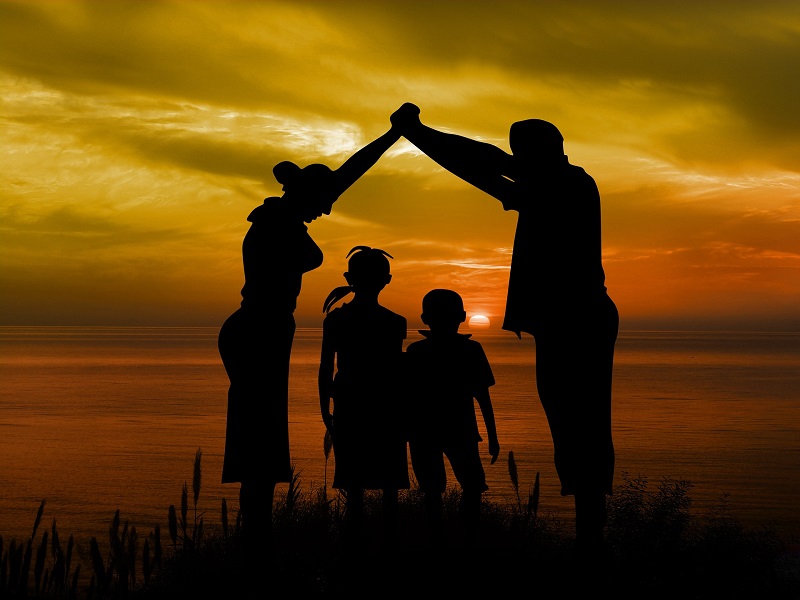Children have ‘nowhere to turn’ as COVID-19 hits protection and social services

by Beatrice Mumbi, JCAM Safeguarding and Child Protection Coordinator
It is time to invest in child protection at home.
When COVID-19 related restrictions began, nobody knew how long they would last or what impact they would have on the daily aspects of life. Least expected were the negative consequences that most children have experienced during this time especially increased exposure to child abuse risks and actual abuse.
Lockdowns and movement restrictions imposed in various countries in response to the pandemic meant that children had to be home throughout, for an indefinite length of time. East or west, home is best, so the old saying goes. However, domestic violence, economic pressures due to loss of incomes, and difficult living conditions offered millions of children the contrary, with UNICEF noting that they risk being the pandemic’s biggest victims.
While officially reported numbers are lower than in ordinary times, anecdotally, child abuse cases within the homes have increased significantly with possible long-term effects including teenage pregnancies, substance abuse, sexually transmitted diseases, and mental health disorders. Similarly, media reports of incidents of harmful cultural practices perpetrated by parents such as female genital mutilation and early marriages have become common.
The situation is made worse by the fact that the official response structures such as child protection officers, social workers, and the police are unable to respond on time or not at all due to limited contact with the affected children at this time. With schools closed and limited contact with religious and community institutions, the children do not have adequate external support until it is too late.
This pandemic has therefore revealed the central role of the home in promoting child protection and the necessity of ensuring that it can discharge this mandate. One lesson is that emphasis on prevention of child abuse should focus a lot more on the immediate family, neighbourhoods as the foundation of child protection.
Social protection for vulnerable families to reduce economic hardships should be considered. Support to families and particularly for parents, to empower them to play a protective role to their children is crucial, as children with protective parents are also safer both in and outside the home. This task cannot be left to the government alone; the civil society, religious organizations, and the church have a role to play.
Below is a video from the Jesuits in Zimbabwe-Mozambique during a series of training on safeguarding and child protection guidelines. The training was done in the year 2019.
